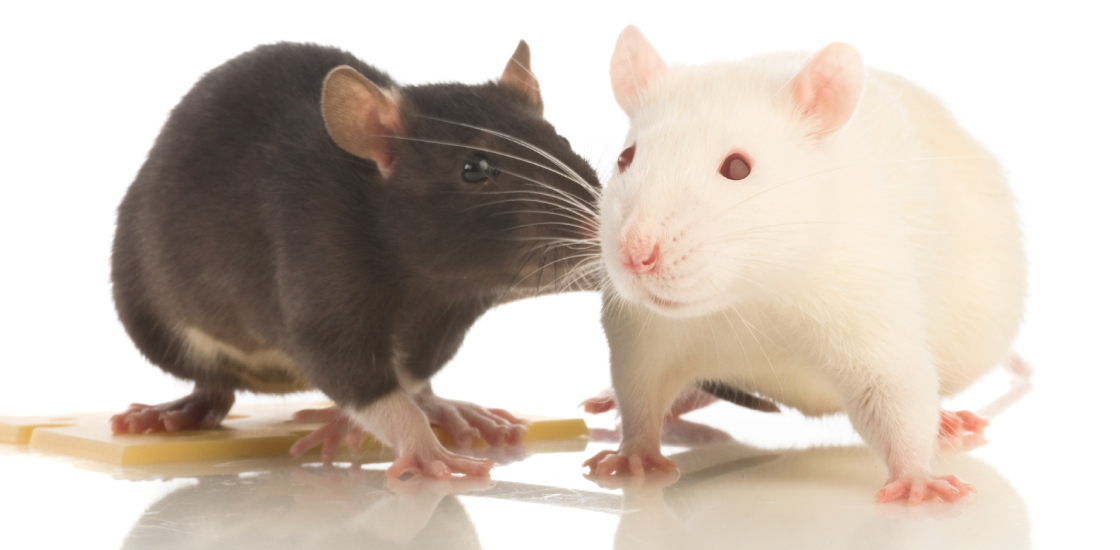
©iStock.com/nanka-stalker
THIS ARTICLE IS MORE THAN FIVE YEARS OLD
This article is more than five years old. Autism research — and science in general — is constantly evolving, so older articles may contain information or theories that have been reevaluated since their original publication date.
A drug that blocks the function of the hormone vasopressin improves social interactions and memory in a rat model of autism, according to unpublished results presented today at the 2015 Society for Neuroscience annual meeting in Chicago. The findings also point to particular brain regions through which the treatment may exert its effects.
The drug, which was developed by the Swiss pharmaceutical giant Roche, binds to and blocks V1a, a receptor for vasopressin. The company is testing a similar drug in clinical trials for men with autism, says Christophe Grundschober, a principal research scientist at Roche, who presented the findings.
Various pieces of evidence tie vasopressin to emotional and social functioning. Autism-linked variants in the gene for the V1a receptor are associated with altered activity in the amygdala, a brain region that regulates emotions, during a face recognition task1. Treatment with an inhaled form of vasopressin increases threat perception and impairs emotion recognition in people.
Grundschober and his colleagues tested the vasopressin-blocking drug in rats that had been exposed to the epilepsy drug valproic acid (VPA) in the womb. Women who take valproic acid during pregnancy have a slightly increased risk of having a child with autism.
VPA-exposed rats spend less time sniffing another rat compared with unexposed controls, an indicator of social deficits. They are also hyperactive and less efficient at finding and remembering the location of a hidden platform that allows them to escape a pool of water.
Brain changes:
Injecting the animals with the vasopressin-blocking drug daily for three weeks completely reverses the impairments in social behavior and learning and memory, but the effects on hyperactivity were mixed. At the doses the researchers used, the drug is specific for V1a. It does not block other forms of the vasopressin receptor or the receptor for oxytocin, a related hormone.
The treatment also appears to affect brain function. Using functional magnetic resonance imaging, the researchers found that VPA-exposed rats have altered brain activity compared with controls. They show increased activity in the dorsal striatum, a brain region involved in repetitive behavior, and the ventral tegmental area, which processes reward. They show reduced activation in the piriform cortex, which governs the sense of smell and is important for social behaviors in rats. Drug treatment normalizes activity in all three regions.
The findings suggest that blocking vasopressin may improve social deficits in autism, a core symptom of the condition for which no drug treatments are available.
“For the moment, there is not much for autism,” Grundschober says. “So I hope we will see some effects in the clinic.”
He cautions that not all people with autism are likely to benefit from the experimental treatment. In fact, previous studies suggest that some people on the spectrum have too little of the hormone rather than too much. “Autism is very heterogeneous, so maybe some people will have too much vasopressin and some have too little,” Grundschober says.
For more reports from the 2015 Society for Neuroscience annual meeting, please click here.
By joining the discussion, you agree to our privacy policy.